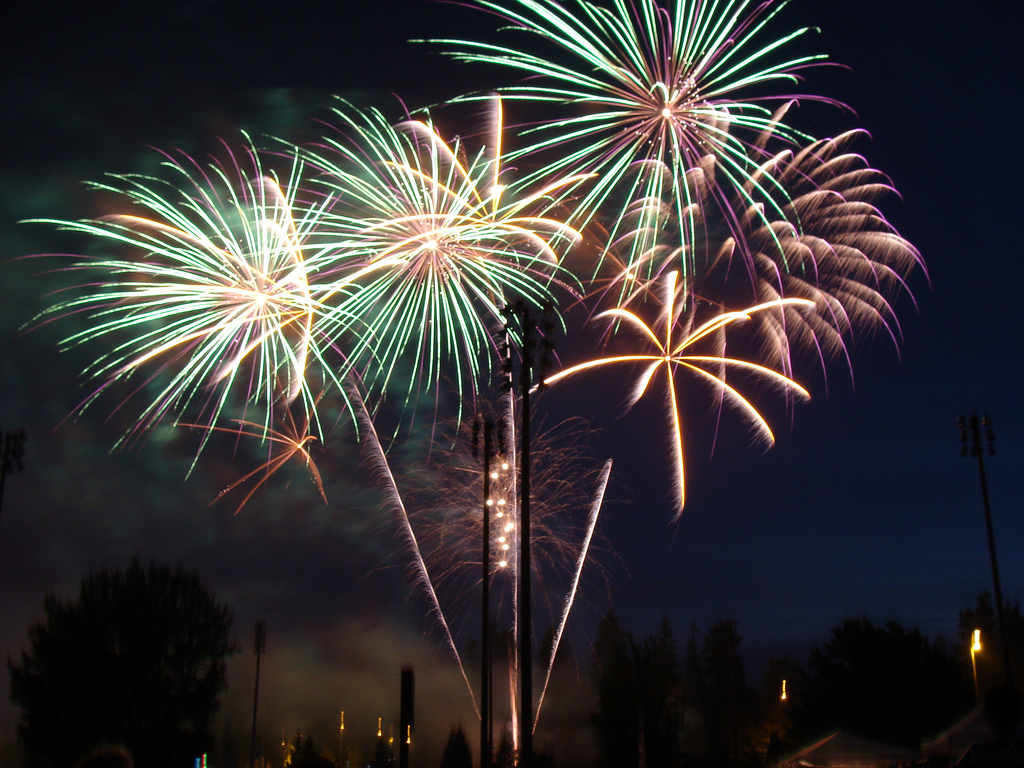 This detailed treatise offers a comprehensive examination of a defendant's right to present exculpatory evidence. Criminal defense attorneys will appreciate the commentary on successful trial defense strategies and ways to improve the effectiveness of their arguments.
This detailed treatise offers a comprehensive examination of a defendant's right to present exculpatory evidence. Criminal defense attorneys will appreciate the commentary on successful trial defense strategies and ways to improve the effectiveness of their arguments.Newer counsel and seasoned litigators will benefit from reading the introductory chapter on the English common law behind the accused's right to present a defense and how it developed into a constitutional standard in American case law. Subsequent chapters break down individual rules such as:
- Procedural restrictions on the admissibility of defense evidence
- Rules rendering persons incompetent as witnesses at trial
- Rules excluding logically irrelevant evidence
- Hearsay rule excluding unreliable testimony
- Defense advocacy for the accused's right to present evidence
Check out Exculpatory evidence to help you present the best possible defense in your cases.




